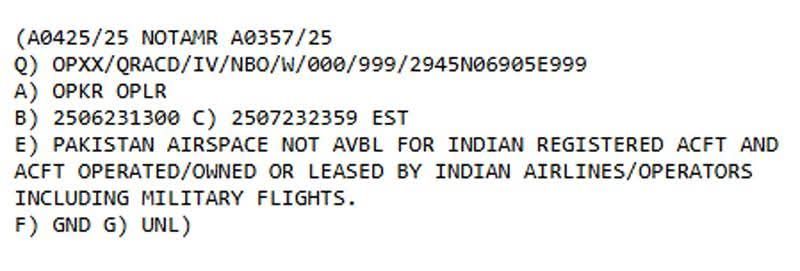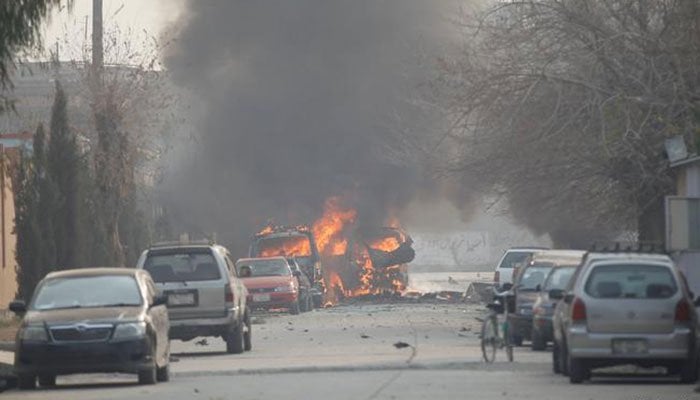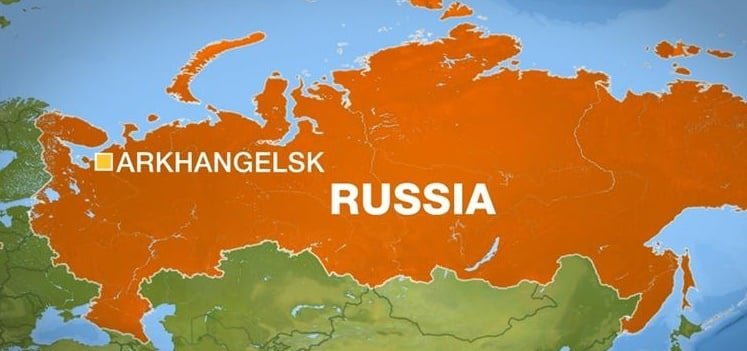Pakistan has once again pushed back the date when Indian planes can fly through its airspace. The latest extension adds another month to the ban that was first introduced on April 24. That’s when India decided to stop honoring the Indus Waters Treaty, something it did without warning.
According to a recent notice from Pakistan’s aviation authority, Indian aircraft, both civilian and military, are not allowed to enter Pakistani airspace until July 23, 2025. This includes all planes registered in India, whether they’re owned outright, leased, or chartered.

So basically, if the plane has an Indian tail number, it can’t pass through. Doesn’t matter if it’s carrying people or goods, or even if it’s operated by a foreign airline but still registered in India—it’s out.
For Indian airlines, this isn’t just a small bump in the road. They’re losing money fast. Experts say rerouting flights around Pakistan has cost them over Rs8.2 billion so far. Longer flights mean more fuel, higher crew costs, and delays. Cargo operations have also taken a hit, which hurts both trade and logistics.
Some analysts are saying that unless the situation improves soon, airlines may start cutting international routes or raising ticket prices to cover their losses. In other words, regular travelers could end up paying more for the same trips.
The reason behind the airspace ban goes back to rising tensions between India and Pakistan. Things got worse after a terror attack in Pahalgam, which is in the part of Kashmir controlled by India. On April 22, a blast killed 26 civilians.
India blamed groups based in Pakistan for the attack but didn’t provide clear proof. Pakistan denied any involvement. In response, India shut down the Wagah border crossing, canceled visas, and pulled out of the Indus Waters Treaty. Pakistan saw these moves as aggressive and called them “acts of war.”
From there, things escalated. India launched airstrikes and sent drones into disputed areas under Operation Sindoor. Pakistan responded with Operation Bunyanum Marsoos on May 10, claiming to have shot down five Indian fighter jets, including Rafale aircraft, and intercepted 77 Israeli-made Harop drones.
Eventually, after pressure from global powers, especially the United States, both sides agreed to stand down. A halt was called to military actions across land, air, and sea borders.
Still, the airspace ban remains in place. And for now, there’s no sign of it being lifted anytime soon.









